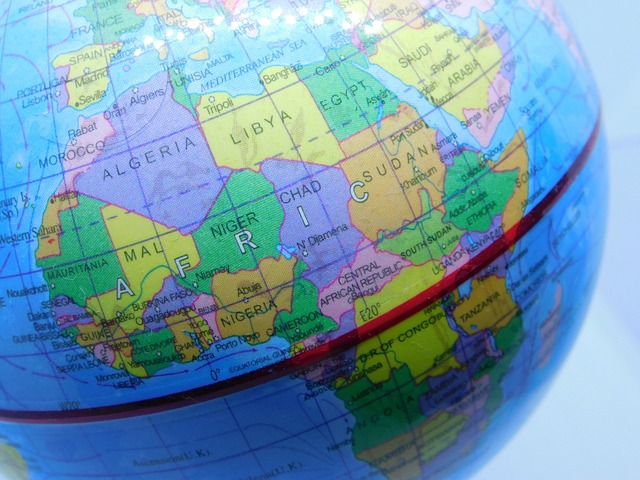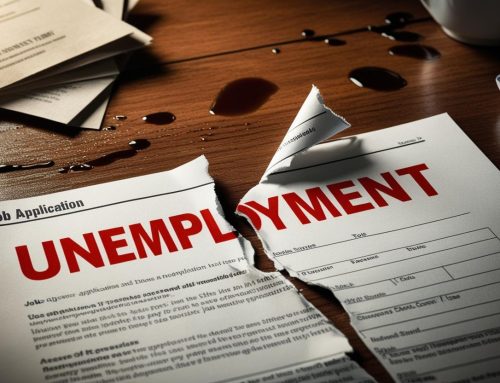July 28, 2023
The top three African nations for entrepreneurship are South Africa, Rwanda, and Morocco.
Nigeria drops to fifth place, and Kenya moves up to fourth, demonstrating the strength of its burgeoning startup community.
The research highlights each nation’s significant advantages, such as its competitiveness, highly skilled workforces, and business-friendly environments.
In Africa, entrepreneurship is picking up steam and developing into a potent engine for economic expansion and employment creation.
Aspiring business owners are rising with tenacity and perseverance, armed with sellable concepts that have the power to revolutionize entire sectors. The road to entrepreneurship is facilitated in some economies, creating an environment that is favorable for startups to thrive.
The top nations for entrepreneurs have been identified by a new analysis from CEO WORLD magazine, which examined 100 economies in terms of innovation, competitiveness, infrastructure, labor skills, access to financing, and business openness.
Top 10 Most Entrepreneurial Countries in Africa:
1- South Africa (Score: 15.42): South Africa tops the list of African nations for entrepreneurialism. It is a hub for industrialization in sub-Saharan Africa and has the second-largest economy on the continent because to a highly skilled workforce, a culture of competition, and a business-friendly climate.
2- Rwanda (Score: 14.96): Rwanda, who moved up to second position, stands out for its outstanding development in entrepreneurship. A thriving startup culture has been sparked by the nation’s commitment to innovation, together with advancements in infrastructure and corporate openness.
3- Morocco (Score: 14.32): Thanks to its thriving entrepreneurial ecosystem, Morocco takes the third place. A favorable climate for entrepreneurs to thrive has been created by an expanding pool of skilled labor, rising competition, and easier access to funding.
4- Kenya (Score: 14.2): Kenya, which earned the fourth place, has established itself as a hub for entrepreneurial endeavors. The nation’s entrepreneurial spirit has been fostered by its resilience, a developing innovation ecosystem, and advantageous infrastructure improvements.
5- Nigeria (Score: 14.11): Securing the fifth spot, Nigeria continues to be a leader in African entrepreneurship. Nigeria, which has the largest economy on the continent, benefits from increased access to money and a welcoming business environment.
6- Tunisia (Score: 13.38): Tunisia, which is ranked sixth, values innovation and competition. The nation’s initiatives to strengthen infrastructure and promote small firms are a big part of its vibrant entrepreneurial ecosystem.
7- Ghana (Score: 13.35): Ghana is ranked seventh due to its dedication to supporting entrepreneurs. The favorable labor market conditions and business-friendly environment in the nation have created an ideal environment for entrepreneurs to prosper.
8- Botswana (Score: 12.85): Botswana, which is in eighth place, demonstrates its commitment to promoting entrepreneurship. Its success can be attributed to a booming economy, enhanced infrastructure, and a friendly business climate.
9- Cameroon (Score: 12.65): Cameroon, which is ranked ninth, encourages a growing business culture. The nation’s initiatives to increase corporate openness and financial availability have proven crucial in assisting entrepreneurs.
10-Egypt (Score: 12.59): Rounding out the top 10, with its enormous potential and developing innovation culture, Egypt is a driving force in entrepreneurship. The nation’s efforts to encourage corporate openness and its broad labor pool have created a stable base for startups.
Source: Business Insider Africa – by VICTOR OLUWOLE
Legal Notice: The information in this article is intended for information purposes only. It is not intended for professional information purposes specific to a person or an institution. Every institution has different requirements because of its own circumstances even though they bear a resemblance to each other. Consequently, it is your interest to consult on an expert before taking a decision based on information stated in this article and putting into practice. Neither Karen Audit nor related person or institutions are not responsible for any damages or losses that might occur in consequence of the use of the information in this article by private or formal, real or legal person and institutions.






